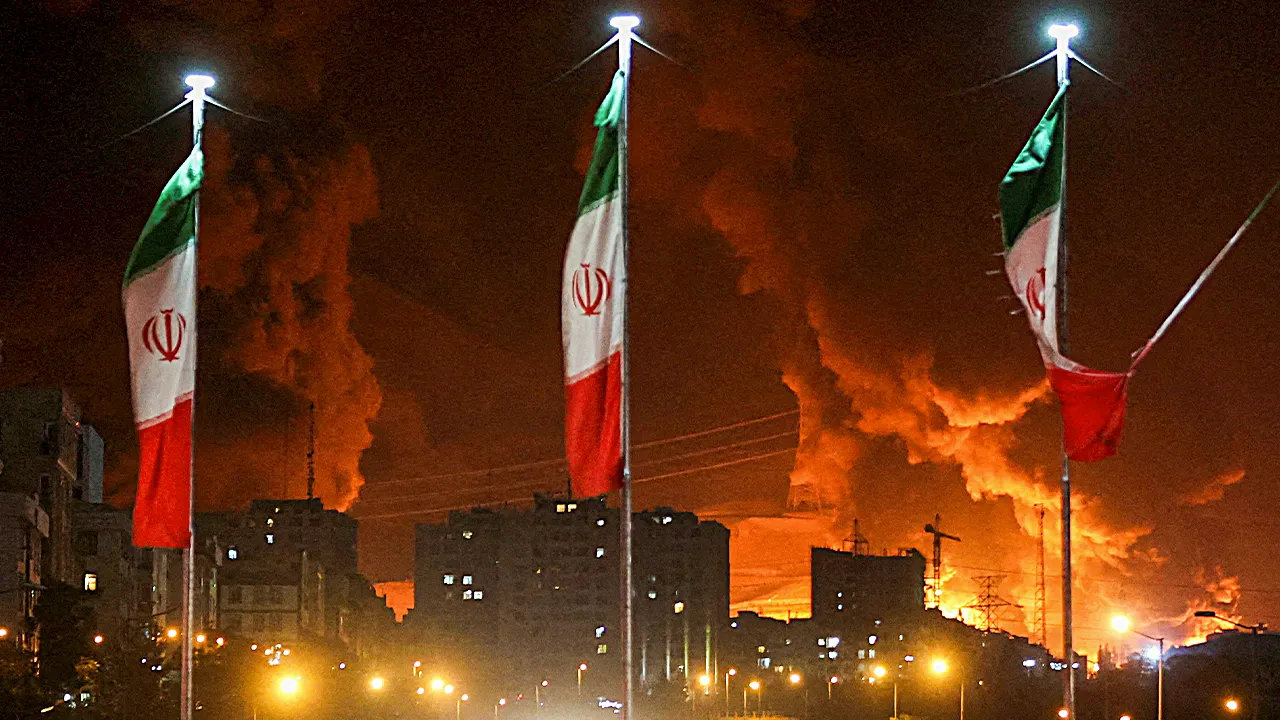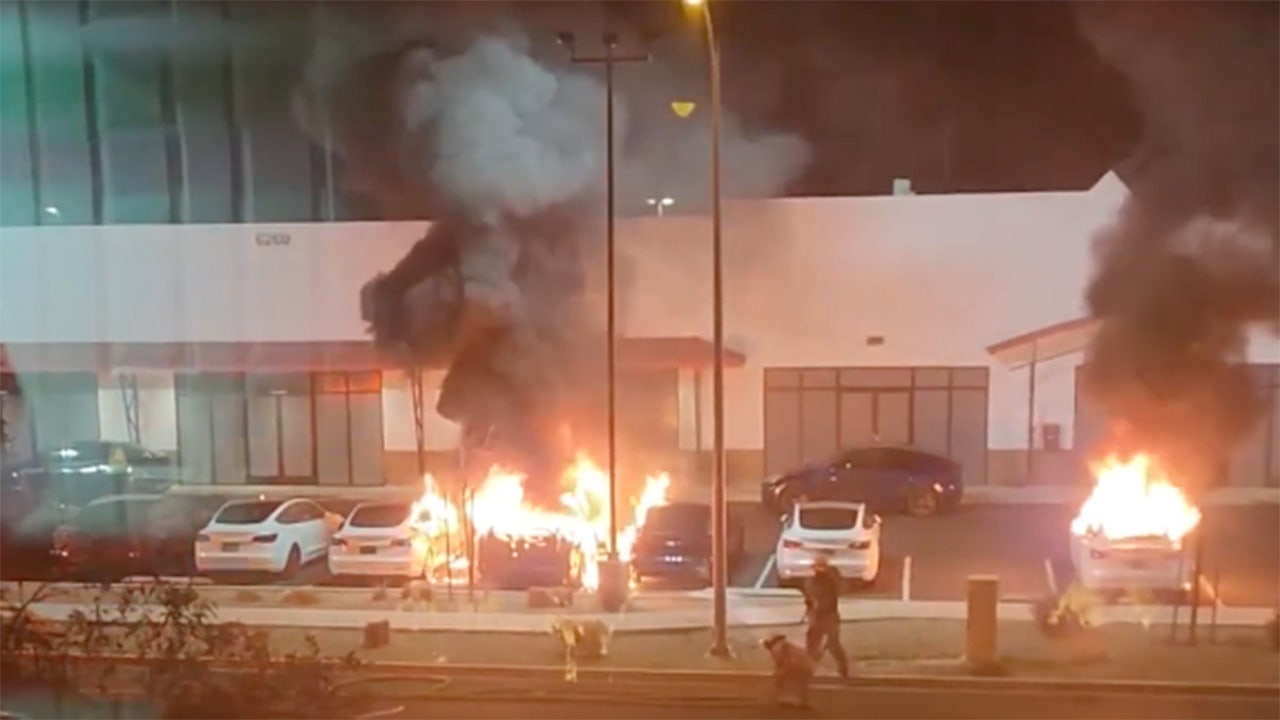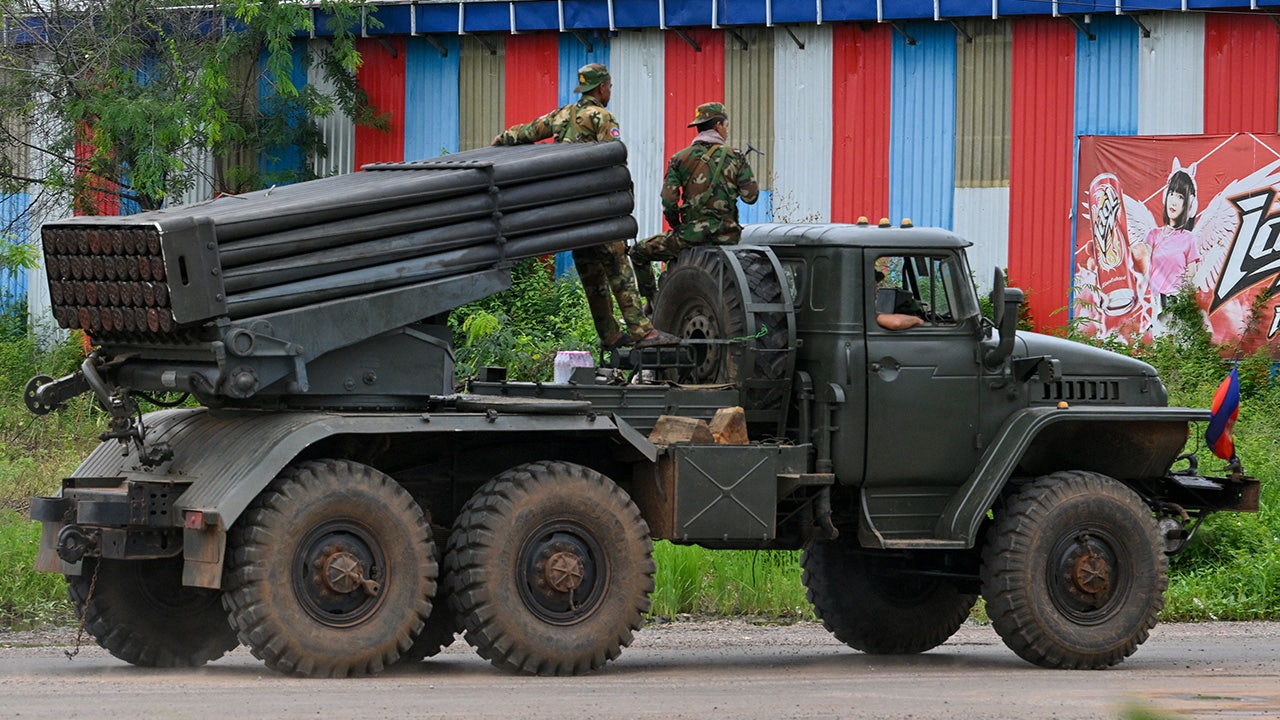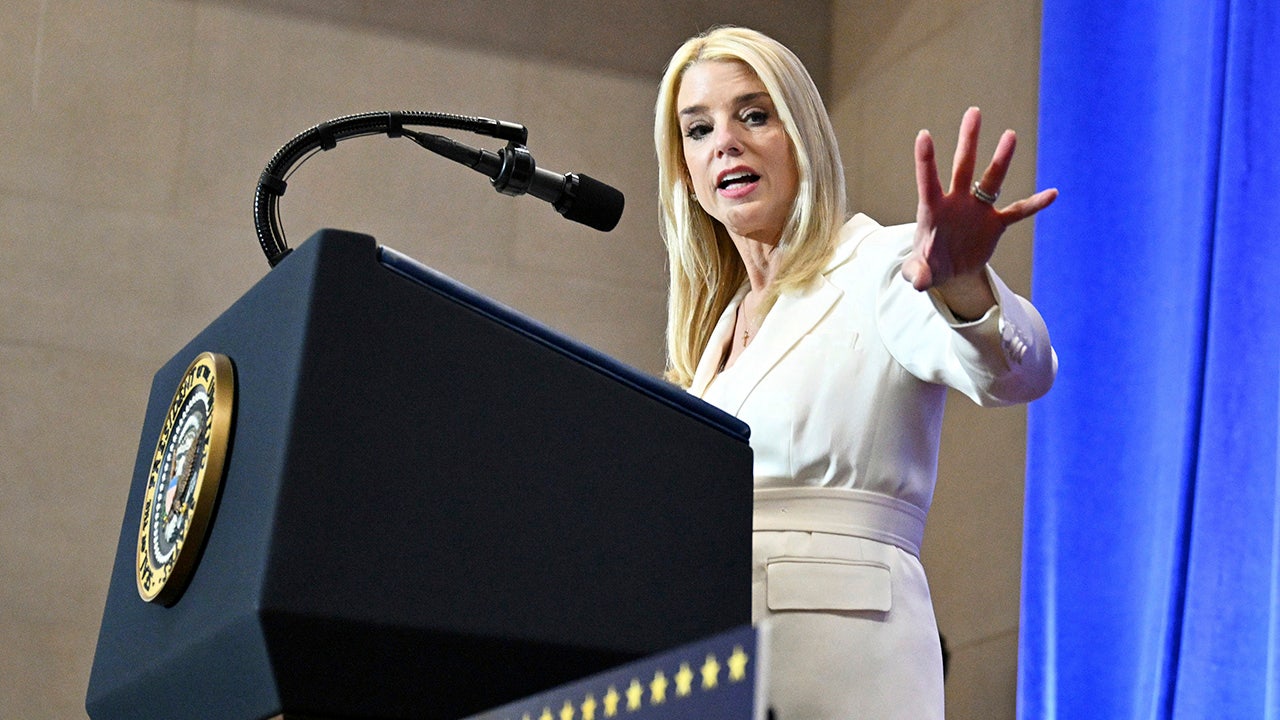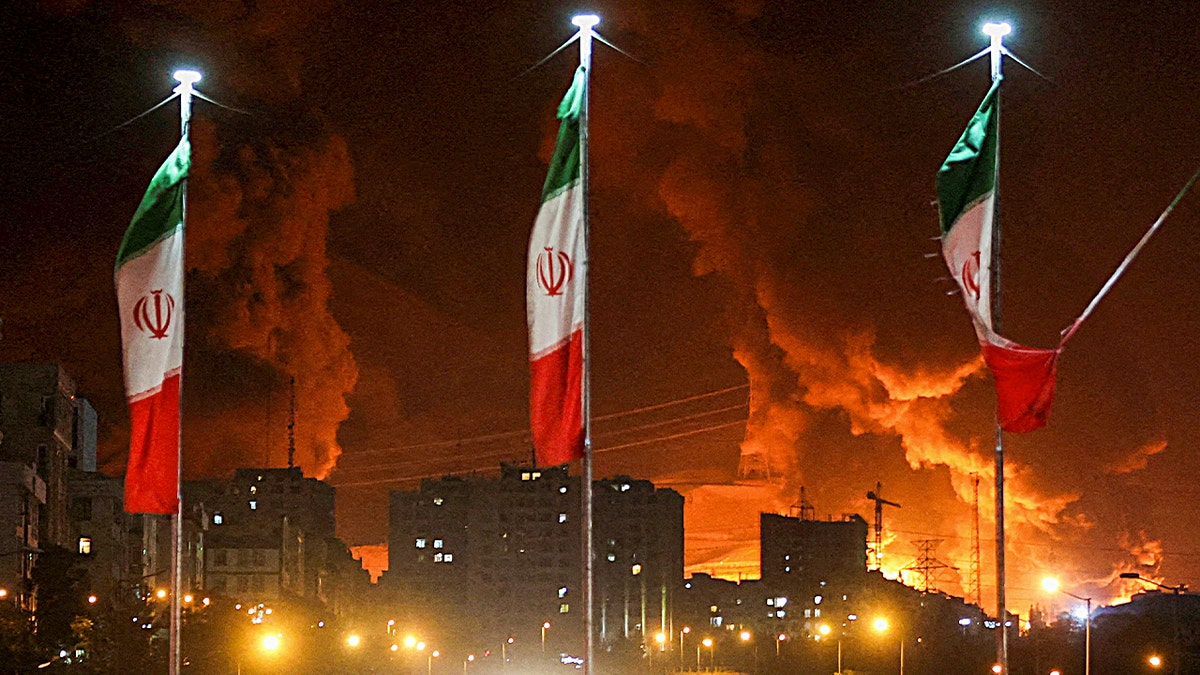
NEWYou can now listen to Fox News articles!
The eruption of hostilities between Israel and Iran is not merely a regional crisis—it is a global inflection point. From intensifying missile exchanges to mounting nuclear fears, the specter of escalation threatens to fracture alliances, destabilize oil markets, and empower rival powers. What began as a surgical Israeli strike on suspected nuclear sites now risks spiraling into a multi-theater conflict—affecting everything from the Strait of Hormuz to Taiwan.
The situation has escalated sharply. Israel has launched sustained airstrikes on Iranian territory for three consecutive days, targeting over 250 sites including Natanz, Isfahan, and key defense ministry facilities. Iran reports at least 78 dead and over 320 wounded. In return, missile salvos on Israel killed at least 10 civilians and wounded more than 360. Damage includes oil infrastructure in Iran and residential areas in Tel Aviv. These developments underscore the fragility of regional stability and the rising potential for global spillover.
This is no theoretical crisis. Global trade routes, energy corridors, and financial markets are already reacting. As Western diplomats scramble to contain Iran, Russia is strengthening its alliance with Tehran, while China seeks to reshape energy flows and erode U.S. diplomatic influence. The global balance is being redrawn in real-time.
ISRAEL SAYS IT HAS AERIAL SUPERIORITY OVER TEHRAN, IRANIAN INTELLIGENCE LEADER KILLED
At this moment, the United States faces a decisive question: Will it lead the post-strike order—or let Beijing and Moscow shape the future?
U.S. Response vs. the China–Russia Axis
Washington’s posture has been cautious but firm. While affirming Israel’s right to self-defense, the U.S. has urged all sides to avoid uncontrolled escalation. It has bolstered Gulf missile defenses, evacuated U.S. personnel from Iraq and Bahrain, and expanded intelligence support—all while avoiding direct military involvement except for the use of our air defense systems. President Donald Trump has reiterated a clear red line: Iran must never obtain a nuclear weapon. Behind the scenes, American envoys are working through Oman and Europe to open diplomatic channels.
This conflict is a wake-up call. A regional war can now ripple across the globe—destabilizing economies, shifting alliances, and testing American credibility. If the US retreats, powers like China and Russia will fill the vacuum with destabilizing influence.
In contrast, Russia and China are capitalizing on the chaos. Moscow condemned Israel’s strike and offered Iran assistance in handling enriched uranium—strengthening both its mediation credentials and Iran’s nuclear ambitions. China expressed “grave concern,” but has reportedly deepened oil and infrastructure ties with Iran, offering an economic lifeline against Western sanctions. These moves represent more than opportunism; they aim to undermine U.S. leadership in the Middle East.
Escalation Risks and Global Consequences
The conflict’s ripple effects are expanding. Hezbollah may strike from Lebanon. Iraqi Shiite militias could attack U.S. forces. In Yemen, Houthi rebels threaten Gulf infrastructure. Each front carries the potential to widen the conflict and drag in regional and global actors.
CLICK HERE FOR MORE FOX NEWS OPINION
Equally concerning is maritime disruption. Iran could block the Strait of Hormuz, through which one-fifth of the world’s oil flows. Markets have already reacted—oil prices spiked over 10%, the Dow Jones fell nearly 2%, and gold surged. Meanwhile, China may exploit U.S. distraction by asserting more control in the South China Sea or pressuring Taiwan.
Iran has also escalated militarily. The use of its new “Haj Qassem” guided ballistic missile signals a new phase of strategic confrontation. This technological advancement represents a deepening threat to Israeli cities and a symbolic escalation of the conflict.
A Path Forward: U.S. Leadership Is Essential
To prevent further deterioration, the United States must implement a three-pronged strategy:
1. Reclaim the Diplomatic Initiative Lead a high-level, multilateral push—through a new coalition of regional states—to negotiate a ceasefire. Reinstate IAEA access to Iranian sites and establish a phased de-escalation framework with clear enforcement mechanisms.
2. Deter Broader Escalation Without Overcommitting The U.S. must communicate that any attack on American or allied interests will trigger proportional retaliation. Boost missile defense coordination with Israel, Saudi Arabia, and the UAE. CENTCOM should publicly reaffirm red lines to signal strength.
3. Stabilize Global Markets Coordinate with G7 partners and major producers to maintain oil supply resilience. To avoid direct US-Iran conflict, perhaps British or French naval assets could ensure freedom of navigation in the Strait of Hormuz. Strategic outreach to India and Japan could reduce global reliance on Iranian energy.
Responsibility in a Multipolar World
This conflict is a wake-up call. A regional war can now ripple across the globe—destabilizing economies, shifting alliances, and testing American credibility. If the United States retreats, powers like China and Russia will fill the vacuum with destabilizing influence.
CLICK HERE TO GET THE FOX NEWS APP
At this strategic crossroads, America must demonstrate that strength and restraint can coexist—that diplomacy is not weakness, and deterrence is not provocation. The United States possesses the tools, alliances, and principles to guide the world through this crisis. What remains essential is the will to lead.
The world is watching. Leadership cannot wait.
CLICK HERE TO READ MORE FROM ROBERT MAGINNIS

